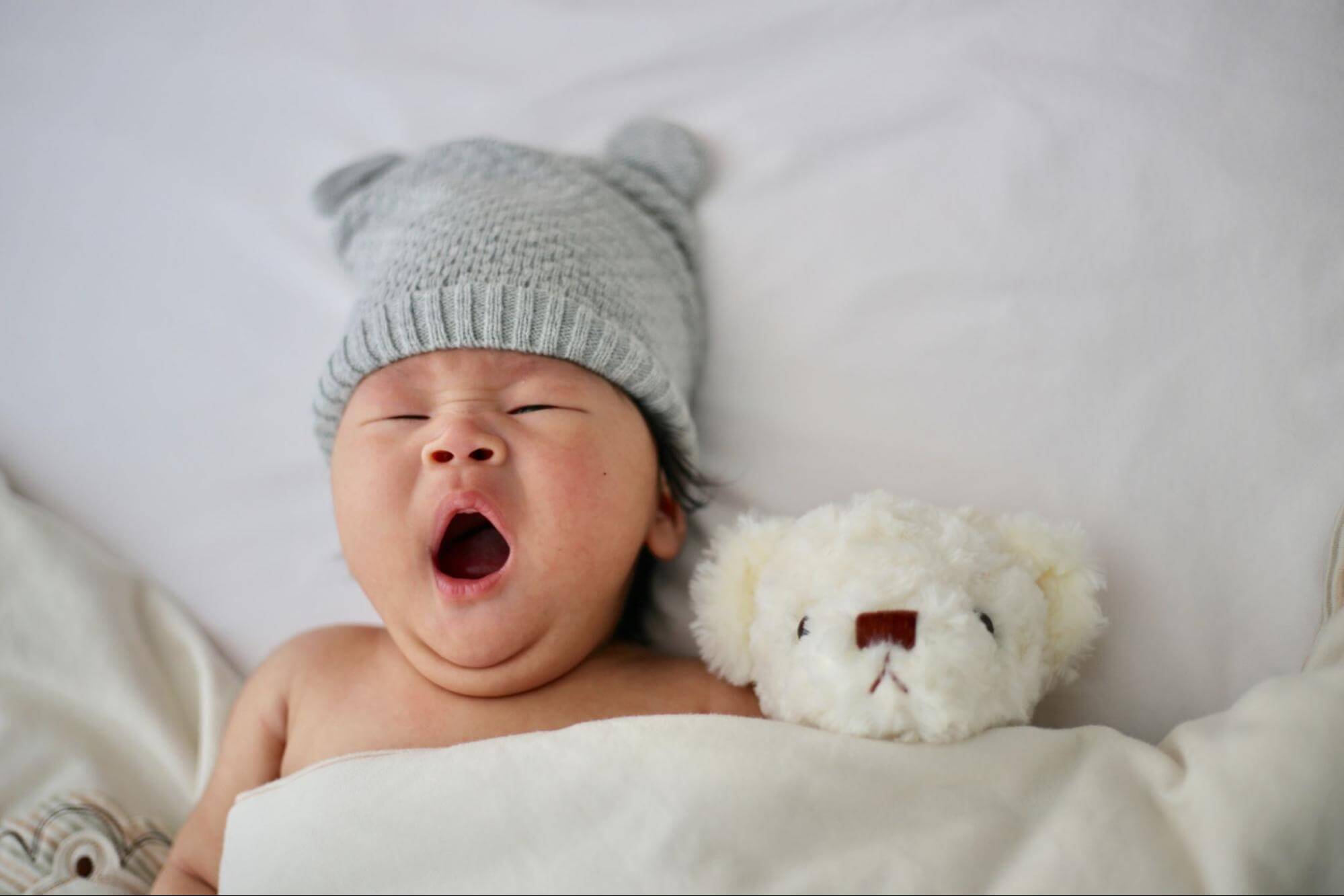While every child is unique and special, most children demonstrate specific skills or tasks by a certain age. These “developmental milestones” cover everything from physical growth, cognitive and language development, to social and motor development. Smiling for the first time, looking at your face, waving “bye-bye,” crawling, and taking the first step are all considered developmental milestones.
Why are developmental milestones important?
Developmental milestones are important markers to help you track your child’s developmental health. These milestones are used by parents, pediatricians, and many other care providers to ensure that your child is developing as expected, and can help identify and address delayed development to facilitate early interventions.
"Milestones are categorized around five major areas: physical growth, cognitive development, emotional and social development, language development, and sensory and motor development," explains Cari Whitlock, Licensed Clinical Psychologist and Neuropsychologist at Healthy Young Minds. "Milestones help you understand how your child learns and grows, and delays in any of these areas can result in mild to severe struggles at home and school. Proper assessment can lead to services that help your child reach their full potential."
How to track a 3-4 month old’s developmental milestones
Many pediatricians work from standardized forms to assess and track your child’s developmental milestones. As a parent, it’s important to keep track of the skills your child exhibits as they grow, since you are most familiar and involved in their day-to-day care. There are multiple tracking apps out there, including the Milestone Tracker App from the Center for Disease Control (CDC).
Child Development Milestones: 3-4 Months
Cognitive milestones |
|
Physical milestones |
|
Language milestones |
|
Social emotional milestones |
|
What are the cognitive milestones for a 3-4 month old?
By four months, infants will be using their hands and fingers more and might look at their own hands with interest and wonder. Your baby will start connecting what you say to your facial expressions and may anticipate routines, like opening their mouth before feeding. You may find ease in having a routine (for example, feed, play, read, sleep); this helps your baby feel safe and secure.
What are the physical milestones for a 3-4 month old?
At this age, infants are experiencing the world with more movement. Your baby will reach out to grab things, like rattles or rings, and may bring them to their mouth for further exploration. When you hold your baby, you may notice that they have better control of their head movements and keeping their head steady. Around this age, your baby might lift their head or push up on their elbows or hands during tummy time.
What are the speech and language milestones for a 3-4 month old?
Around four months, your baby is becoming more expressive by making cooing sounds like ‘ahhee’ when they hear or see something that is interesting to them. Your baby knows your voice and will turn their head to you when they hear you. Talk with your baby and listen as they try to reply by imitating the sounds you make.
What are the social and emotional milestones for a 3-4 month old?
At this age, your baby will begin to show more emotion by smiling and chuckling during play interactions. They really love your face and will move their bodies and make sounds to maintain your attention. Babies at this age will also find new faces interesting, too! Smiling at your baby helps your baby develop a healthy attachment to you.
What if my child is not meeting milestones?
No one knows your child better than you. Always trust your gut. If you are worried that your child is not meeting age-appropriate milestones, talk to your pediatrician.
Learn more about when you should worry about missing developmental milestones.
